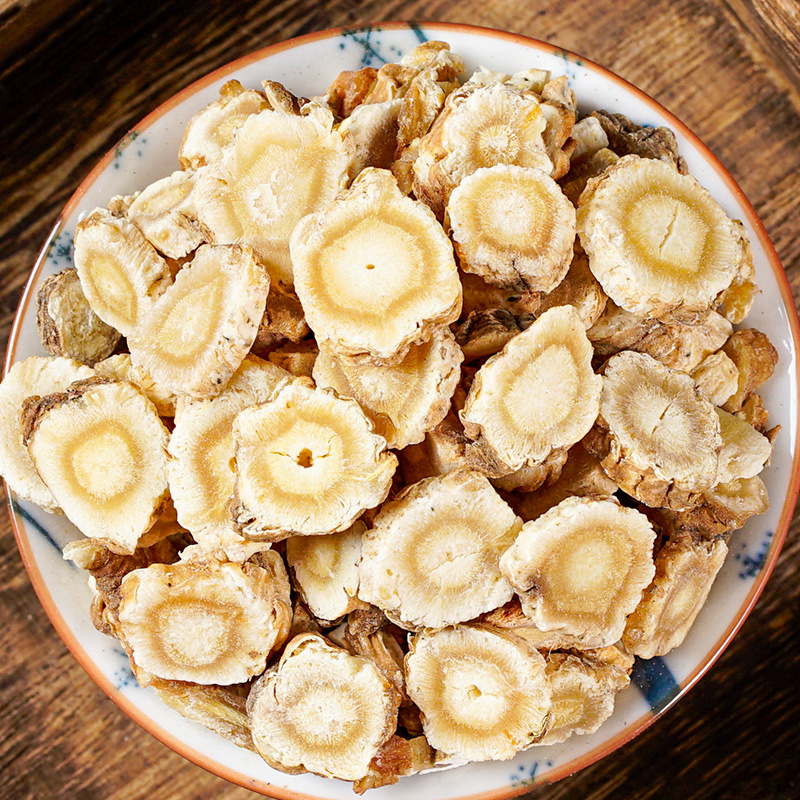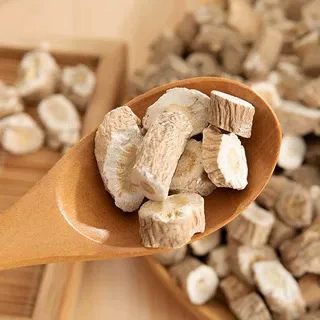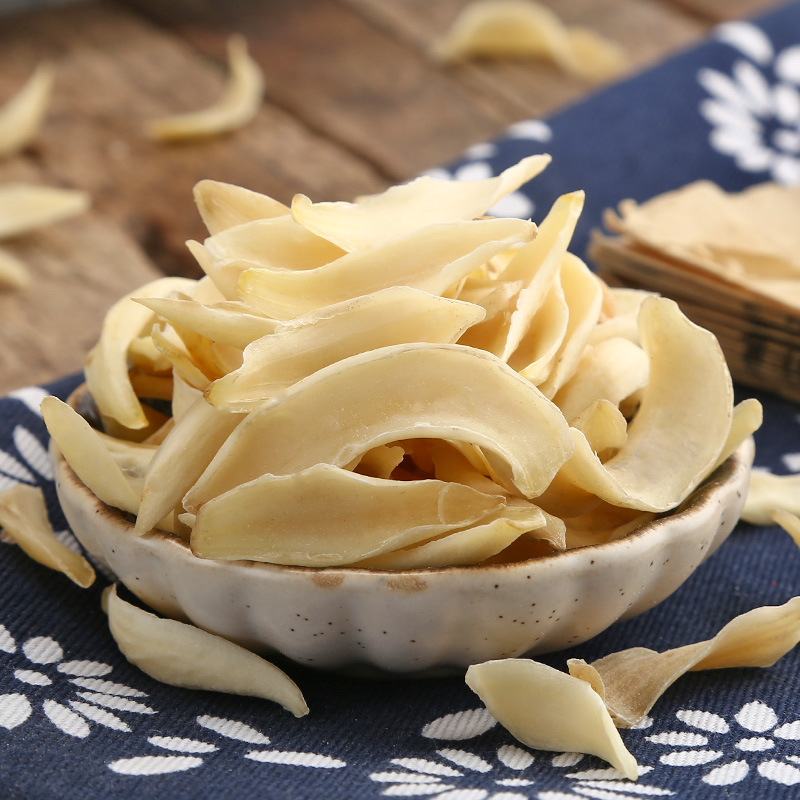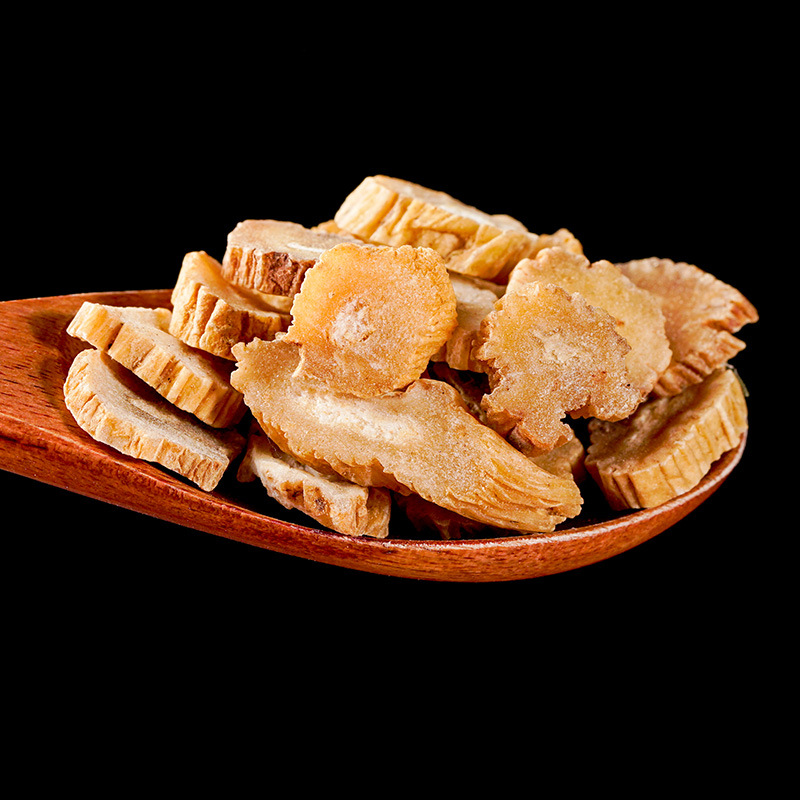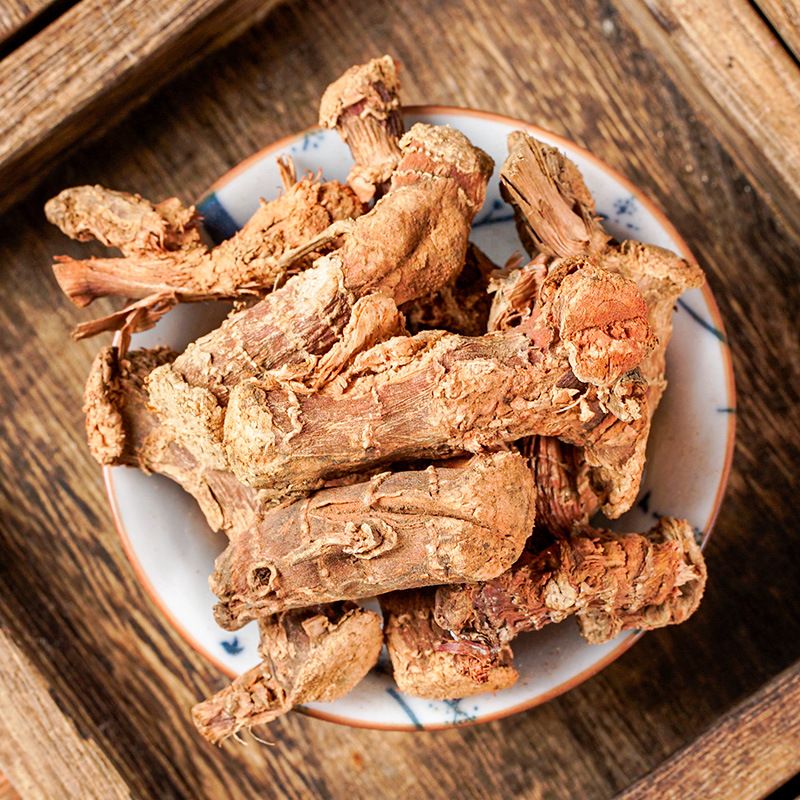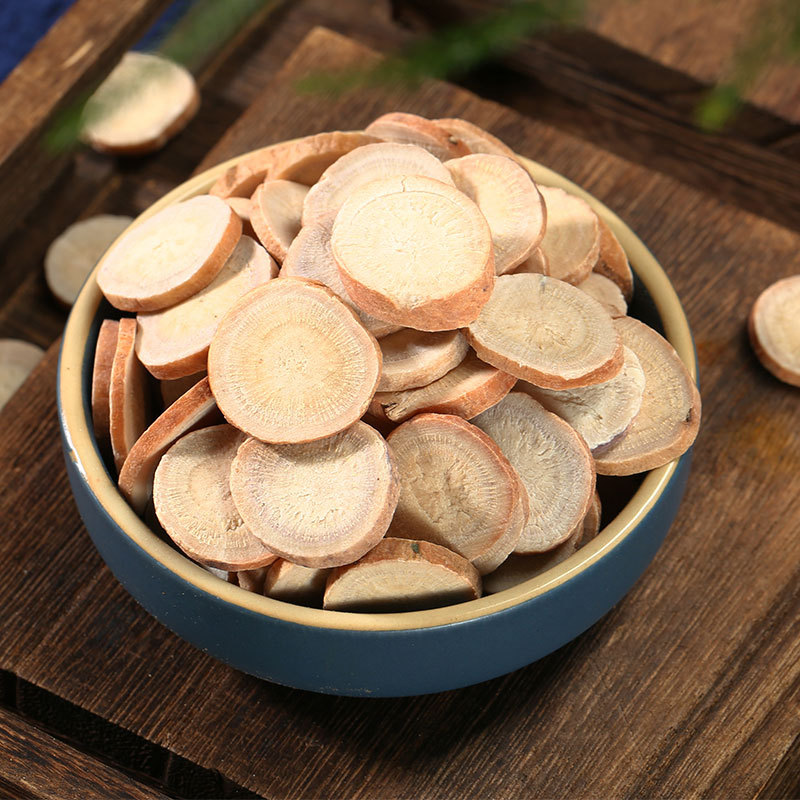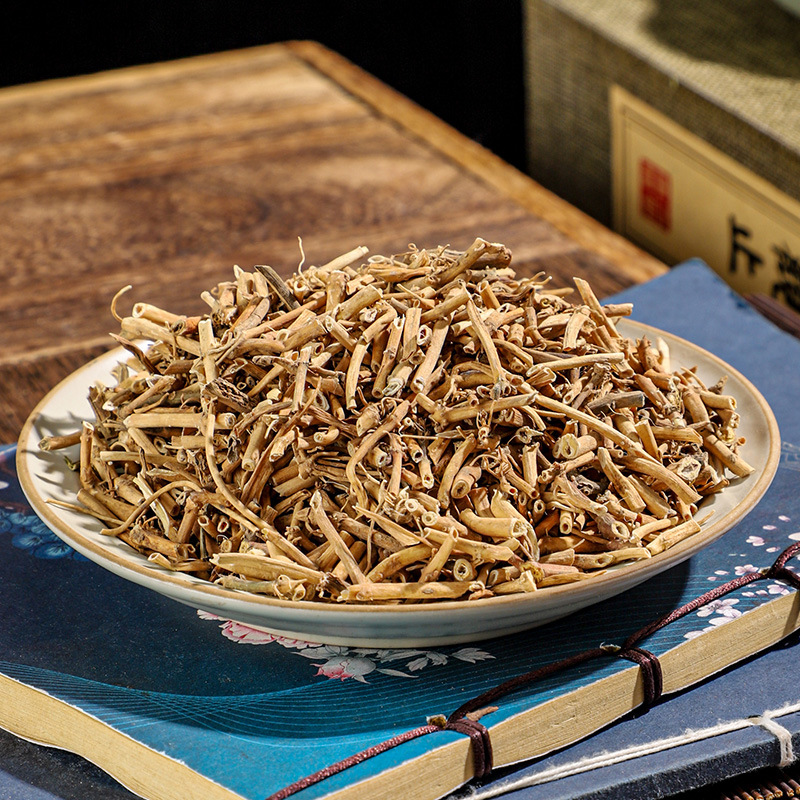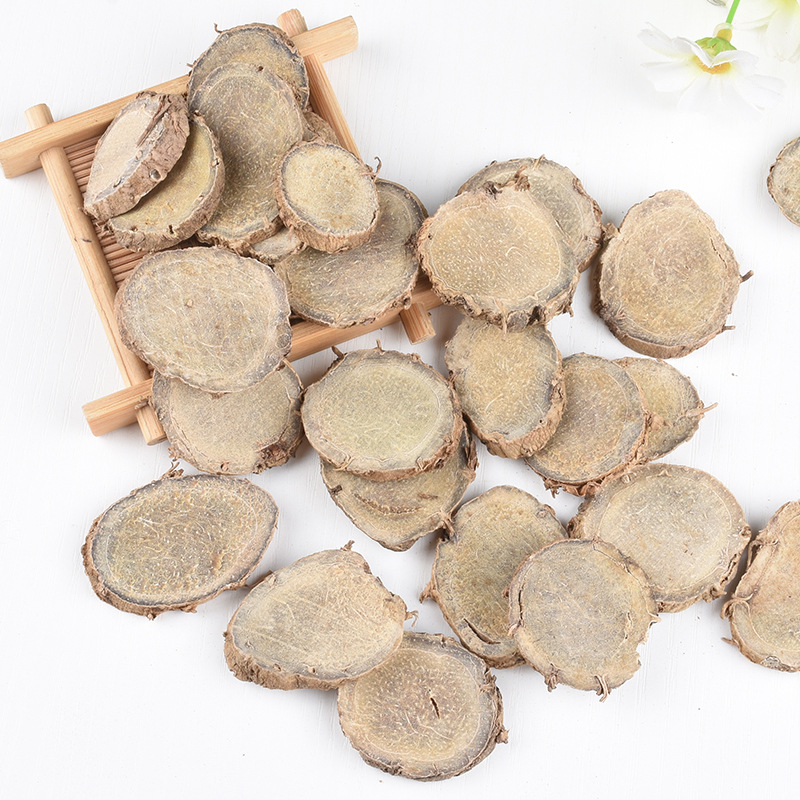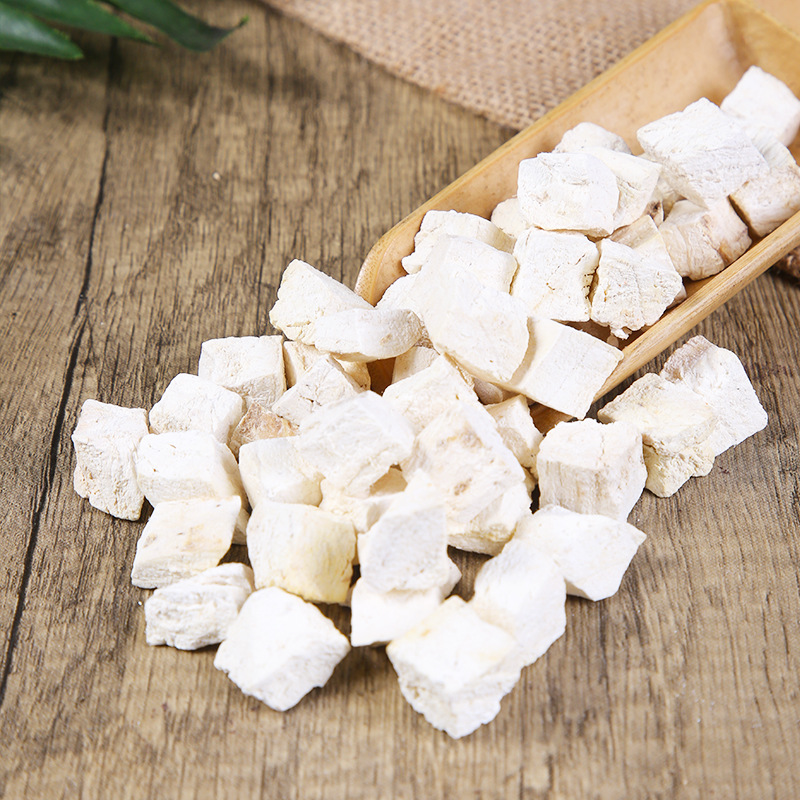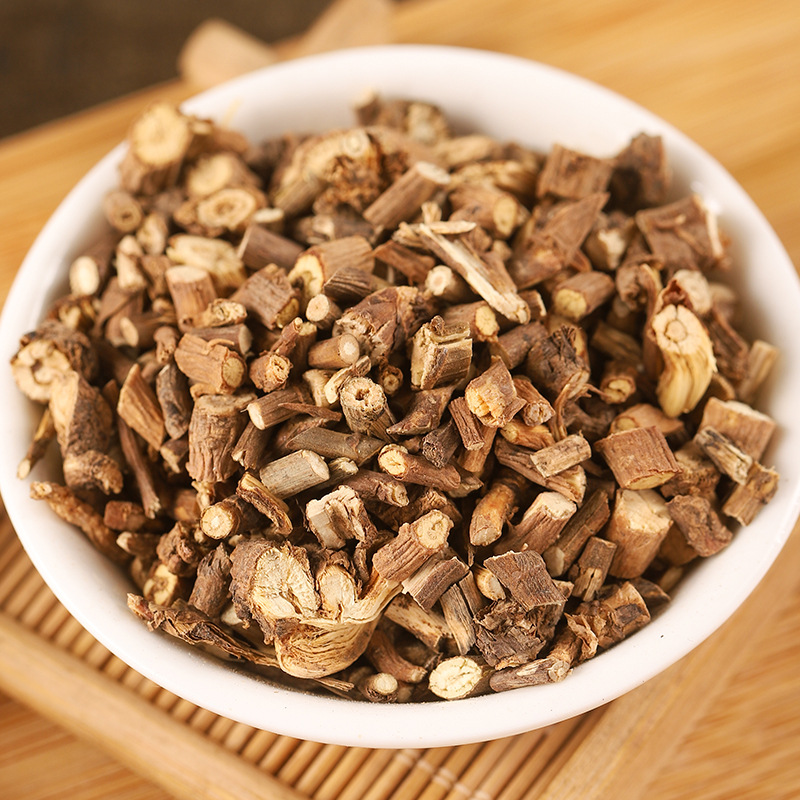Hairy Vein Agrimony (Xian He Cao) is the whole herb of Agrimonia pilosa Ledeb. of the Rosaceae family. Legend tells of a scholar, on his way to the imperial examinations, suffering from persistent epistaxis. As he was at a loss, a celestial crane (Xian He) flew down carrying this herb and presented it to him. The scholar chewed the herb, and his nosebleed stopped. He later passed the exams with high honors. Subsequently, people named this herb "Xian He Cao" (Celestial Crane Herb). It is produced throughout China. It is harvested in summer and autumn, then dried in the sun, cut into sections, and used raw.
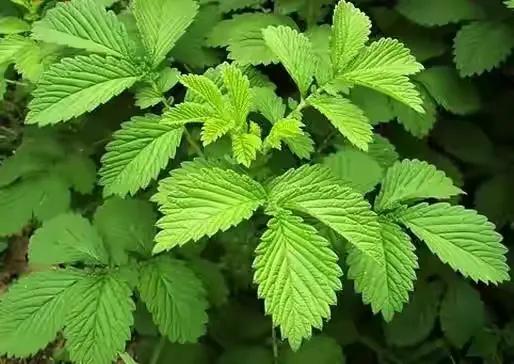
I. Efficacy and Applications
Hairy Vein Agrimony has a bitter and astringent flavor and a neutral nature. It enters the Lung, Liver, and Spleen meridians.
Its functions include constricting to arrest bleeding, arresting dysentery, killing parasites, and supplementing deficiency. Its characteristic is that its arresting action incorporates movement, as it also has the effect of activating blood. It is an important herb for arresting bleeding.
It is commonly used to treat hemoptysis, hematemesis, uterine bleeding, malaria, bloody dysentery, welling-abscesses and sores with swelling, genital itching with vaginal discharge, and taxation damage with fatigue (tuo li lao shang).
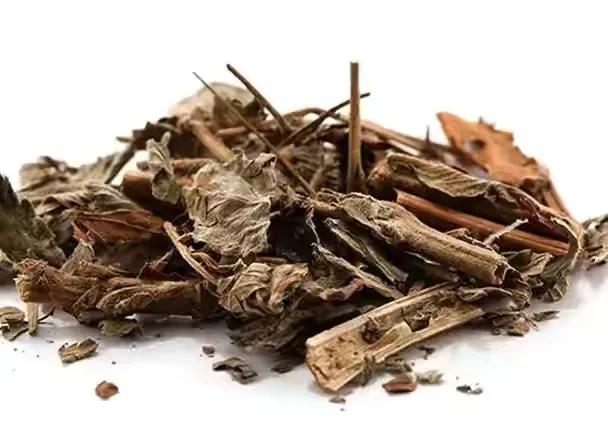
Summaries from Renowned Medical Texts:
Supplement to the Compendium of Materia Medica (Ben Cao Gang Mu Shi Yi): "Disinhibits [digests] retained food, disperses abdominal fullness, directs qi downward, treats various vomiting diseases, regurgitation and dysphagia occlusion, malaria, throat impediment, sprains and contusions, intestinal wind with bloody stool, flooding and dysentery, food accumulation, jaundice, welling-abscesses and boils, clove sores, breast abscess, and hemorrhoidal swelling."
Lingnan Collection of Medicinal Herbs (Ling Nan Cai Yao Lu): "Treats irregular menstruation in women, sometimes with low back pain and fever."
Materia Medica of South Yunnan (Dian Nan Ben Cao): "Treats irregular menstruation in women, red and white vaginal discharge, cold sensation in the face with abdominal pain, and chronic red and white dysentery."
Ready Guide to Medicinal Herbs (Sheng Cao Yao Xing Bei Yao): "Regulates traumatic injuries, arrests bleeding, and disperses toxin of sores."
II. Compatibility and Applications
For Various Bleeding Patterns: such as hemoptysis, hematemesis, epistaxis, hematuria, bloody stool, and uterine bleeding. Hairy Vein Agrimony, with its astringent flavor and constricting nature, is skilled at arresting bleeding and has the characteristic of arresting bleeding without retaining stasis, making it an essential herb for blood disorders. It can be used as a single ingredient or combined with other herbs according to the pattern.
For reckless movement of hot blood, it is often combined with cooling blood and arresting bleeding herbs like Fresh Rehmannia (Xian Sheng Di), Moutan Bark (Mu Dan Pi), Gardenia Fruit (Zhi Zi), and Oriental Arborvitae Leafy Twig (Ce Bai Ye).
For persistent uterine bleeding due to deficiency-cold, it is often combined with qi-tonifying, blood-supplementing, and warm-channel bleeding-arresting herbs like Codonopsis (Dang Shen), Astragalus (Huang Qi), Prepared Rehmannia (Shu Di Huang), and Charred Ginger (Pao Jiang).
Hairy Vein Agrimony can also treat welling-abscesses, boils, and binding toxins. Using a heavy dose of Hairy Vein Agrimony in formulas for treating tumor diseases has analgesic and anti-cancer effects.
Ningxia Chinese Herbal Medicine (Ning Xia Zhong Cao Yao): "To treat hematuria: Hairy Vein Agrimony (Xian He Cao), Japanese Thistle (Da Ji), and Manchurian Dutchmanspipe Stem (Mu Tong) 9g each, Cogongrass Rhizome (Bai Mao Gen) 30g. Decoct in water for oral administration."
Hundred Herb Mirror (Bai Cao Jing): "To treat breast abscess: for initial stages it disperses, for purulent stages it ruptures, and it can also limit pus discharge. Use Hairy Vein Agrimony (Xian He Cao) 30g, half pot of white wine, decoct until half a bowl remains. Take after a full meal."
For Taxation Damage with Fatigue (Tuo Li Lao Shang): characterized by mental fatigue and lack of strength but normal diet. Hairy Vein Agrimony has strengthening properties and is effective for treating taxation damage with fatigue, hence it is also called "Tuo Li Cao" (Fatigue Relief Herb). It is often combined with Jujube (Da Zao) and decocted for a good effect.
Zhu Liangchun used it for thrombocytopenic purpura and allergic purpura, often combining Hairy Vein Agrimony with Pine Node (You Song Jie), Jujube (Da Zao), Astragalus (Huang Qi), etc., with excellent results. For cases involving yin deficiency, Rehmannia (Sheng Di), White Peony Root (Bai Shao), Goji Berry (Gou Qi Zi), Tortoise Plastron (Gui Ban), and Yerbadetajo Herb (Han Lian Cao) could be added as appropriate.
For Diarrhea and Dysentery: Hairy Vein Agrimony, with its astringent nature, can treat chronic dysentery and colitis. Using 30g of Hairy Vein Agrimony with 10g of Shrubalthea Flower (Bai Jin Hua) can arrest diarrhea and treat dysentery.
Zhu Liangchun treated chronic diarrhea with the formula Xian Ju Tang (Hairy Vein Agrimony and Platycodon Decoction), comprising Hairy Vein Agrimony (Xian He Cao), Platycodon Root (Jie Geng), Shrubalthea Flower (Bai Jin Hua), Stir-fried White Atractylodes (Bai Zhu), Stir-fried White Peony Root (Bai Shao), Charred Dark Plum (Wu Mei Tan), and Stir-fried Areca Seed (Bing Lang).
Modern practice confirms that Xian Ju Tang has significant therapeutic effects on ulcerative colitis and superficial gastritis with intestinal metaplasia, having a dual effect of repairing the mucosa and promoting regeneration.
For Killing Parasites and Relieving Itch: A concentrated decoction of Hairy Vein Agrimony alone, used externally for washing, can treat vaginal itching due to trichomonal vaginitis. Its root buds, called Agrimonia Bud (He Cao Ya), have tapeworm-expelling properties.
Additionally, Hairy Vein Agrimony combined with Common Heronsbill Herb (Lao Guan Cao) and Jujube (Da Zao) can treat night sweats and spontaneous sweating. Combined with Stiff Silkworm (Jiang Can), it can treat wasting-thirst and diabetes.
A large dose of Hairy Vein Agrimony decocted alone in water can also be used for malaria. A paste made from its stems and leaves, mixed with honey and applied topically, can treat boils, welling-abscesses, and hemorrhoidal swelling.
Hairy Vein Agrimony is also effective for treating lumbar disc herniation; adding it to pattern-based formulas can enhance efficacy.
Hairy Vein Agrimony also has cardiotonic and rhythm-regulating effects, as mentioned in Ye Juequan's Modern Practical Chinese Materia Medica (Xian Dai Shi Yong Zhong Yao), warranting further research.
Zhu Liangchun also commonly used Hairy Vein Agrimony to treat certain cancers and other miscellaneous diseases, often using 100–150g decocted in water as the base liquid for adding other pattern-based prescription herbs. Used for esophageal cancer, gastric cancer, lung cancer, pancreatic cancer, breast cancer, etc., it has certain tumor-reducing and anti-cancer effects. Japanese researcher Sato Akihiko's research confirmed that Hairy Vein Agrimony has a powerful killing effect on human cancer cells, while leaving normal cells completely unaffected, even promoting their growth and development.
III. Usage and Dosage
Hairy Vein Agrimony is commonly used in decoctions and is also suitable for decocting for external wash. The typical dosage in decoctions is from over ten grams to several tens of grams; it can also be used in amounts over one hundred grams, decocted in water to use as the liquid for boiling other herbs. For external use, an appropriate amount is used.
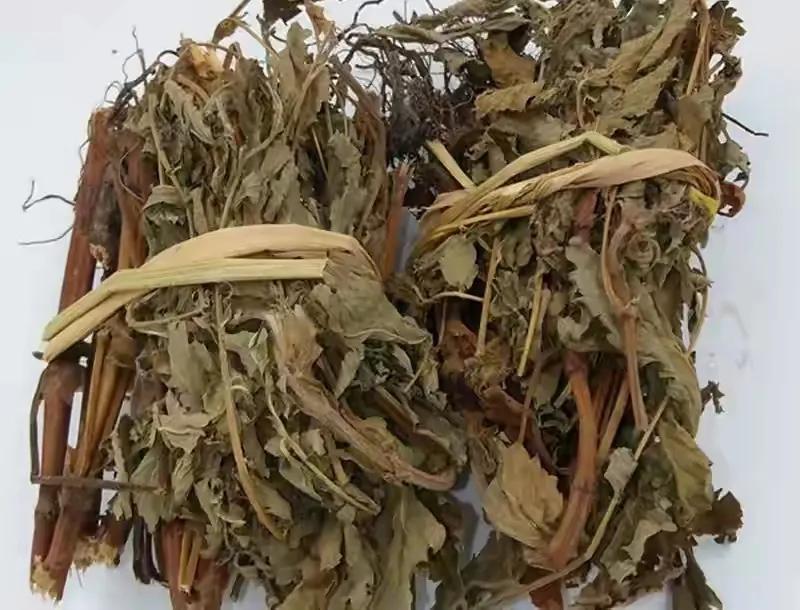
IV. Application Precautions
The reason Hairy Vein Agrimony treats taxation damage with fatigue is due to its action of activating blood and arresting bleeding, which promotes the movement of blood and vessels in the body. It should not be mistaken for a general deficiency-supplementing agent.

